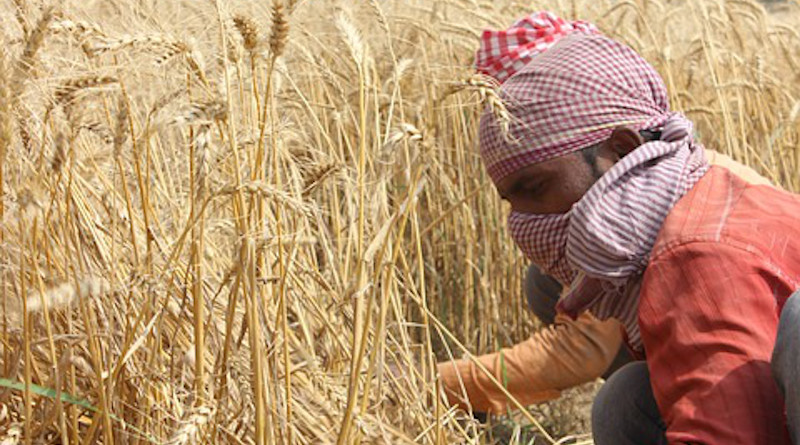A Looming Crisis: Climate Change Impacts In Pakistan – OpEd
Pakistan, a country blessed with diverse landscapes and rich natural resources, is increasingly grappling with the devastating impacts of climate change. As one of the most vulnerable countries to climate change, Pakistan is experiencing a range of challenges that are affecting its environment, economy, and people. From rising temperatures to extreme weather events, the impacts of climate change in Pakistan are already being felt and pose a significant threat to its sustainable development.
In Pakistan, the 2022 monsoon rainfall is over three times higher than the 30-year normal, and rains and flash floods lasted throughout July and August, which is one of the most noticeable consequences of climate change in Pakistan is the rise in temperatures. Over the past few decades, the country has witnessed a gradual increase in average temperatures, leading to hotter summers and shorter winters. This rise in temperature has far-reaching consequences, including heatwaves, reduced agricultural productivity, and increased energy demands for cooling.
Another significant impact of climate change in Pakistan is the alteration of precipitation patterns, leading to erratic rainfall and an increased frequency of extreme weather events. The country heavily relies on its agriculture sector, which employs a significant portion of the population. Erratic rainfall patterns and prolonged droughts have resulted in reduced crop yields, water scarcity, and food insecurity. Conversely, intense rainfall events and flash floods have led to infrastructure damage, loss of lives, and displacement of communities.
Glacial melt is yet another consequence of climate change that has profound implications for Pakistan. The country is home to the world’s largest contiguous irrigation system, which relies on the steady flow of water from the Himalayan glaciers. This glacial melt not only affects agriculture but also jeopardizes the availability of freshwater for drinking, sanitation, and industrial purposes.
Climate change’s effects increase Pakistan’s already-existing socioeconomic inequality. Climate change consequences disproportionately affect the most vulnerable populations, including the poor, women, and marginalized communities. They frequently lack access to the resources and infrastructure required to adapt to changing conditions, leaving them more vulnerable to the negative consequences of climate change. Food insecurity, paucity of water, and displacement all contribute to a vicious cycle of poverty and inequality, impeding the country’s growth possibilities.
The country has ratified international agreements such as the Paris Agreement and has implemented various policies and initiatives at the national level. These include promoting renewable energy sources, adopting climate-smart agriculture practices, and strengthening disaster management systems. However, further efforts and investments are required to effectively combat climate change and build resilience in vulnerable sectors and communities.
International cooperation and support are also crucial in addressing the impacts of climate change in Pakistan. Developed nations, which have historically contributed the most to greenhouse gas emissions, have a responsibility to assist vulnerable countries in adapting to and mitigating climate change. Financial and technological assistance, capacity building, and knowledge sharing are essential to support Pakistan’s efforts in tackling climate change and protecting its people and ecosystems.
Climate change is posing significant challenges to Pakistan’s environment, economy, and society. Rising temperatures, erratic rainfall patterns, glacial melt, and socio- economic disparities are among the key impacts observed in the country. Urgent action is required to mitigate greenhouse gas emissions, strengthen adaptive capacities, and promote sustainable development practices. By addressing climate change, Pakistan can safeguard its natural resources, protect vulnerable communities, and build a resilient future for generations to come.
The writer is an Islamabad based freelance analyst. You can reach author at: [email protected]

